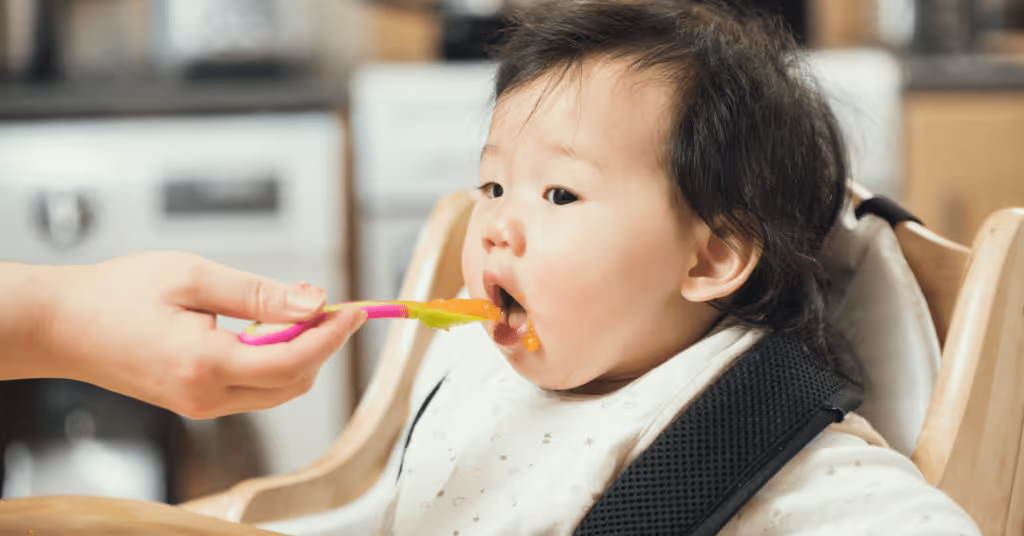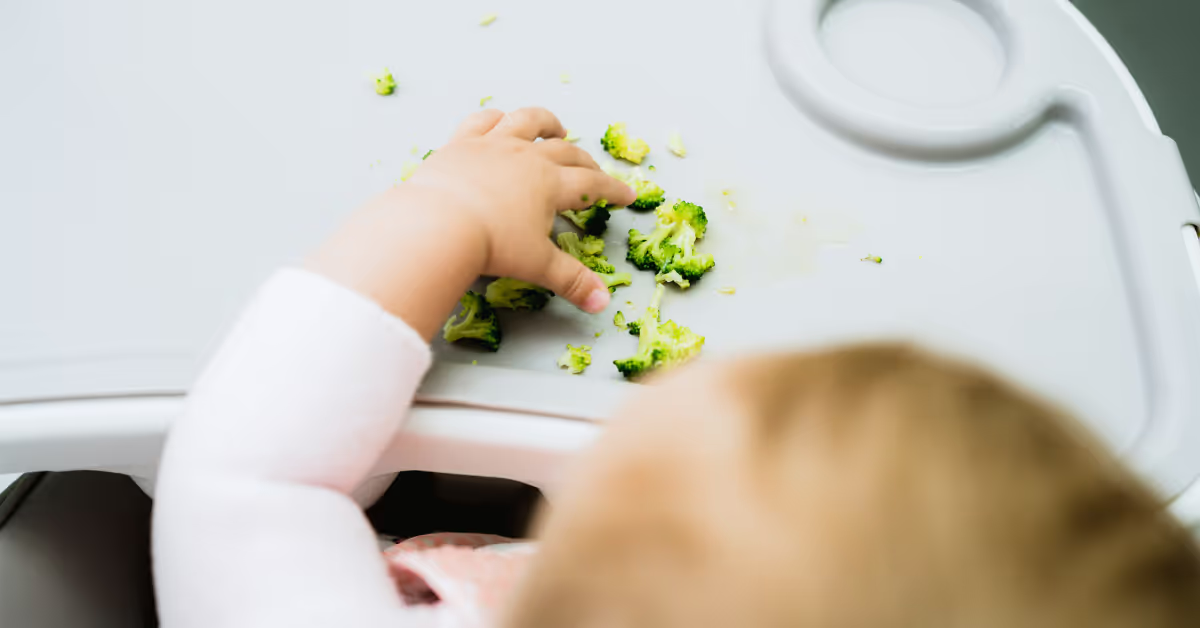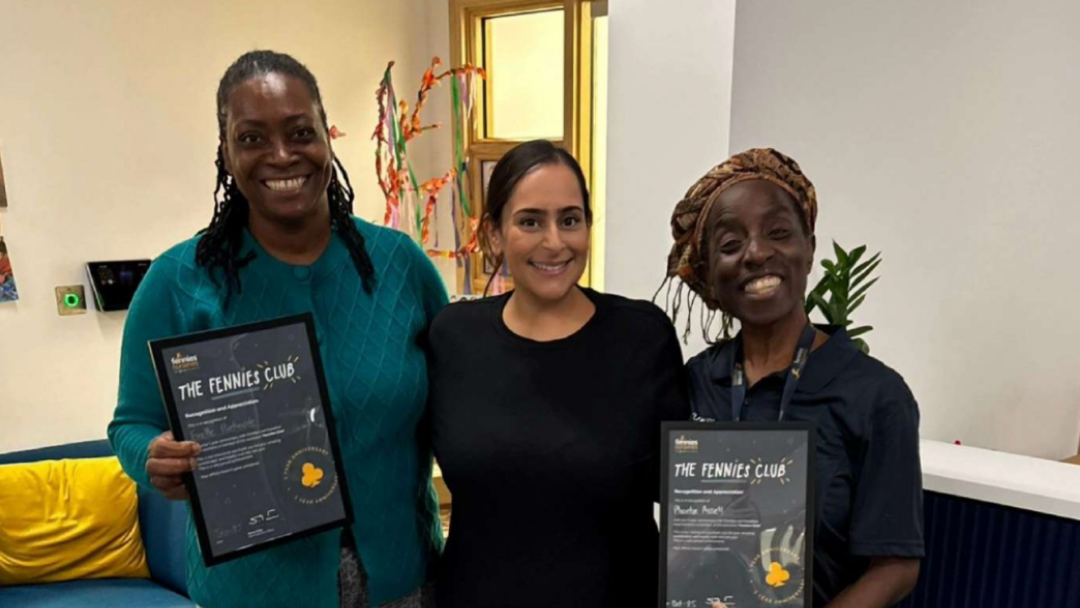Catherine Lippe and Janet Aylott explain how to spot early signs of food allergies and how to handle them at nursery
As parents, ensuring our children receive proper nutrition is a top priority for their optimal growth and development. However, for some children, the journey to healthy eating can be complicated by the presence of food allergies and intolerances. In this blog we will be exploring what food allergies and intolerances are, how to identify early signs in your child, and the crucial role that nursery plays in supporting children with these conditions.
What is a food allergy?
A food allergy is an immune response to a specific protein in a particular food. When a child with a food allergy eats the food, the protein causes their immune system to overreact leading to the release of histamine, a chemical in the body, that triggers allergic symptoms. The foods that trigger these reactions are completely harmless to most children, and we don’t really know why some children develop allergies. Common foods that might cause an allergic reaction, particularly in young children, include milk, eggs, nuts and soy.
Symptoms of food allergy can range from mild to severe and might include skin reactions such as hives or eczema, gastrointestinal issues (vomiting and diarrhoea), respiratory problems (wheezing and coughing), and in severe cases, a life-threatening progression of food allergy known as Anaphylaxis which requires immediate medical attention.
Food allergy reactions can happen very rapidly – for some children, this can be immediately when the food is touched or swallowed so it is vital that everyone involved in the care of the child is aware of the allergy
What is food intolerance?
Unlike allergies, food intolerances don’t involve the immune system. Instead they occur because the body doesn’t have the right processes to digest and absorb certain components of the food which can result in issues with the gastrointestinal system (tummy ache, diarrhoea, excess wind) and sometimes with the skin although this is less common. Common intolerances include lactose intolerance (lactose is the sugar in milk) and gluten intolerance.
While food intolerances can cause discomfort they are not life-threatening, and the cause of symptoms is often trickier to pinpoint, as these might not happen immediately after eating the food but may be hours, or even days, later.

How do I know if my child has an allergy or intolerance?
The risk of developing an allergy or intolerance does increase if there is a family history – so if parents or siblings have an allergy or intolerance, there is a greater chance of a baby or toddler developing a similar reaction. However this doesn’t mean that it will definitely happen.
Food allergy reactions can occur the first time that a baby has a certain food, so it is important that any new food is given to a baby at home, and as a single food. This helps to establish if there are any reactions and is an important process to check that all foods are safe for the baby to eat. A food allergy can be easier to identify as the reaction may be immediate and can be more severe. A severe reaction can be very scary for parents, and it is important that medical support is sought immediately. Any adverse reaction to food, even if not requiring immediate attention, should be followed up by the doctor to seek individual advice and to get a diagnosis.
Food intolerances are less easy to identify as babies often have tummy upsets which are nothing to do with the food they have consumed, so it is important that foods are not taken out of the diet without medical support. Removing whole food groups, such as dairy, from a child’s diet without medical support can lead to a lack of important nutrients that children need to grow and develop.
If you feel that there are certain foods that appear to be causing symptoms in your child, and you suspect food intolerance, always speak with your GP or Health Visitor who will be able to give you advice on how to identify and manage the condition.

How will my child be supported at nursery if they have a food allergy or intolerance?
Children with medically diagnosed food allergies or intolerances receive personalised support at Fennies. A thorough risk assessment and critical care plan are established, detailing how to create a safe environment and respond to any reactions. Other specific actions that will be implemented include:-
Awareness and Training
Staff members are trained to understand specific allergies and intolerances and ensure that all necessary steps are taken to avoid the allergen. A photo display of children with special dietary requirements is prominently placed in the kitchen and throughout the nursery.
Special plates and placemats
Children with diagnosed conditions are given special red placemats and plates which clearly indicate their dietary needs. These plates are prepared separately in the kitchen and labelled with the child’s name and allergy or intolerance
Mealtime arrangements
Children with specific dietary needs are seated together during mealtimes whenever possible. A qualified member of staff, identified by a red apron, sits with them, ensuring a thorough understanding of each child’s needs and critical care plan.
What should I do if my baby is weaning?
Weaning is a really important time in your baby’s life where new tastes and textures are introduced. For most babies it is best to follow general weaning guidelines from the NHS Your baby's first solid foods - NHS (www.nhs.uk) which suggests the introduction of common allergenic foods such as cows’ milk, eggs, gluten containing foods, nuts and other foods one at a time and in small amounts.
Once tolerated these foods should continue to be included as part of the baby’s overall diet – this helps to build up a lifelong tolerance to the foods and helps to ensure a healthy and balanced diet.
If a baby already has severe eczema or a known food allergy then it is important to get specialist advice from your GP or organisations such as The Anaphylaxis CampaignInfant-weaning-compressed.pdf (anaphylaxis.org.uk)
If your child is weaning and attending nursery, we will ask you to provide us with lists of foods that your baby has tried at home and tolerated and won’t introduce any new foods at nursery unless we know it is OK with baby.
Conclusion
Navigating food allergies and intolerances in early childhood requires a collaborative effort between parents, healthcare professionals and nursery staff. By understanding the distinction between allergies and intolerances, recognising early signs, and implementing personalised care plans at nursery, we can create a safe and supportive environment whilst providing the healthy and balanced diet that all children need.
More information can be found on the following sites:-
Allergy in Childhood | Allergy UK | National Charity
Food allergy advice for you and your baby - British Nutrition Foundation
Weaning - Start for Life - NHS (www.nhs.uk)
Food allergies in babies and young children - NHS (www.nhs.uk)
Food intolerances in babies | Baby & toddler, Your baby’s health articles & support | NCT
FAQ
Subscribe to our newsletter
Stay up to date with Fennies news







.png)


